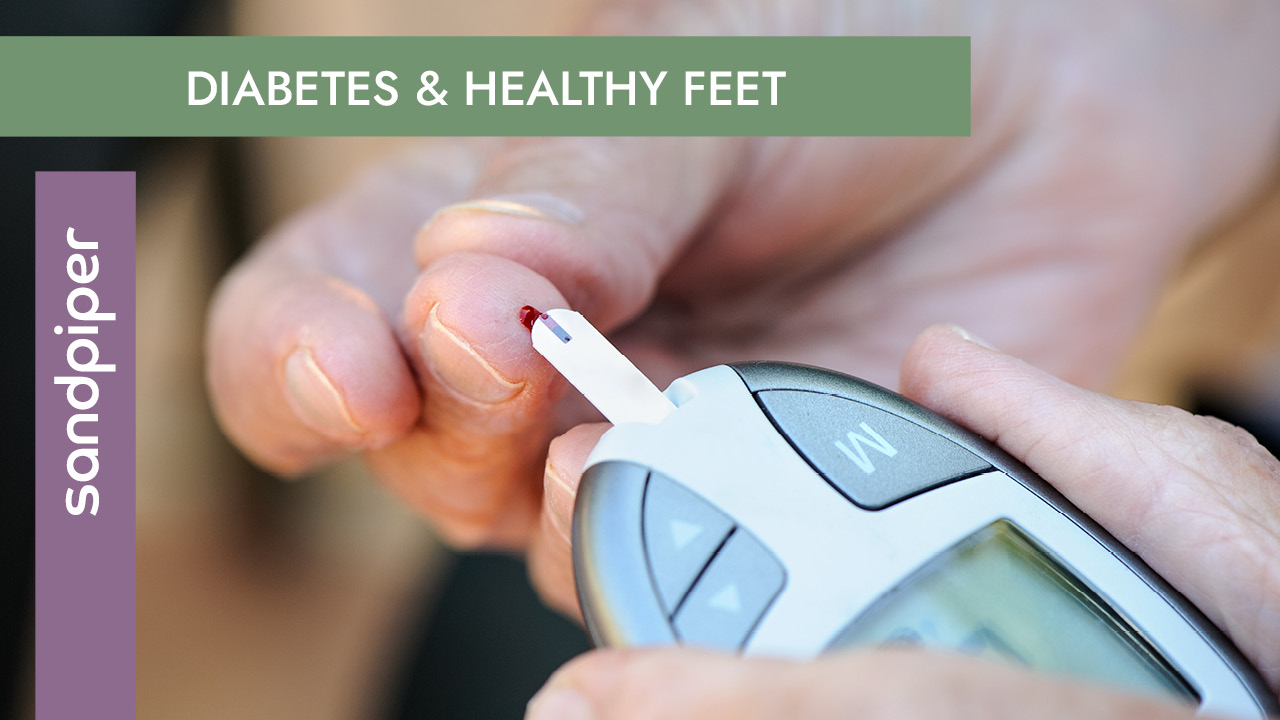We use cookies to make your experience better. To comply with the new e-Privacy directive, we need to ask for your consent to set the cookies. Learn more.
Diabetes

Diabetes
Diabetes is a lifelong condition that causes a person’s blood sugar level to become too high.
There are two main types of diabetes:
Type 1 – where the pancreas doesn’t produce any insulin
Type 2 – where the pancreas doesn’t produce enough insulin or the body’s cells don’t react to insulin. This means that glucose stays in the blood and isn’t used as fuel for energy.
The high blood sugar level makes you:
• feel thirsty
• pass urine more than usual, particularly at night
• feel tired all the time
A growing problem
Type 2 diabetes is often associated with obesity and tends to be diagnosed in older people. It’s far more common than type 1 diabetes. It’s estimated that more than 1 in 16 people in the UK has diabetes (diagnosed or undiagnosed), and this figure is rising rapidly. There are currently 3.9 million people living with diabetes in the UK, with 90% of those affected having type 2 diabetes.
The danger of type 2 diabetes
Diabetes can cause serious long-term health problems. It’s the most common cause of vision loss and blindness in people of working age. Everyone with diabetes aged 12 or over should be invited to have their eyes screened once a year for diabetic retinopathy.
Diabetes is also responsible for most cases of kidney failure and lower limb amputation (other than accidents). People with diabetes are up to five times more likely to have cardiovascular disease (such as a stroke) than those without diabetes.
What you can do
If you’re at risk of type 2 diabetes, you may be able to prevent it developing by making lifestyle changes. You should:
• eat a healthy, balanced diet
• lose weight (if you’re overweight) and maintain a healthy weight
• stop smoking (if you smoke)
• drink alcohol in moderation
• take plenty of regular exercise
If you already have type 2 diabetes, it may be possible to control your symptoms by making the above changes. This will also minimise your risk of developing complications.
As type 2 diabetes usually gets worse, you may eventually need medication (usually tablets) to keep your blood glucose at normal levels.
If you have diabetes, you are at greater risk of developing problems with your feet, including foot ulcers and infections from minor cuts and grazes. This is because diabetes is associated with poor blood circulation in the feet, and blood glucose can damage the nerves.
To prevent problems with your feet, keep your nails short and wash your feet daily using warm water. Wear shoes that fit properly, and see a podiatrist or chiropodist (foot care specialist) regularly so that any problems can be detected early. Regularly check your feet for cuts, blisters or grazes because you may not be able to feel them if the nerves in your feet are damaged.
Sandpiper Suggestion: See your GP if you have a minor foot injury that doesn’t start to heal within a few days.
More next week...
Next time we will be looking at Bunions and their causes and treatments.
If this guide has inspired you to be kind to your feet and "discover real comfort" please take a look at the full range of comfort and wide fitting shoes on our website: www.sandpipershoes.com
FIND US ON FACEBOOK: www.facebook.com/LoveSandpiper
FIND US ON YOUTUBE: www.youtube.com/@sandpipershoes
